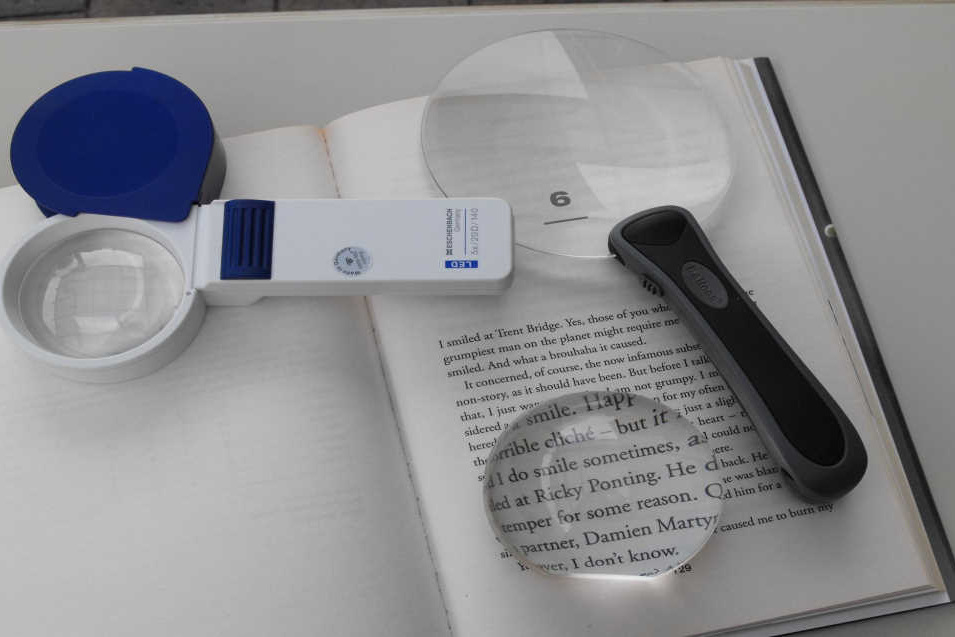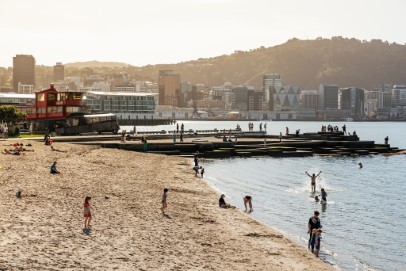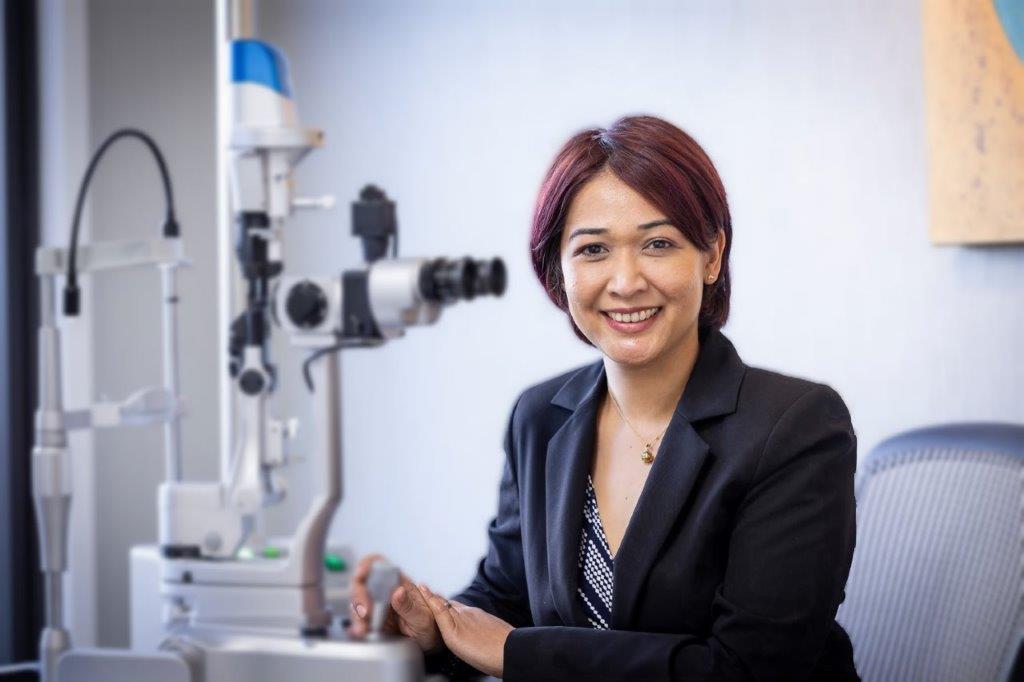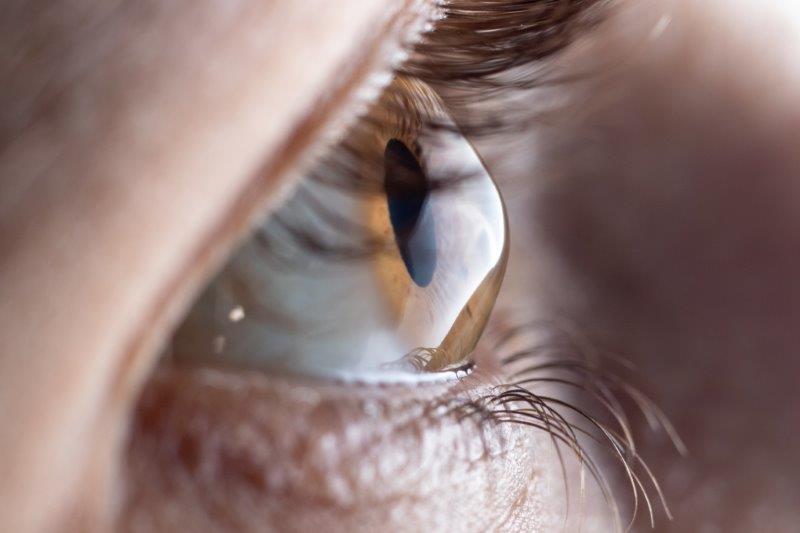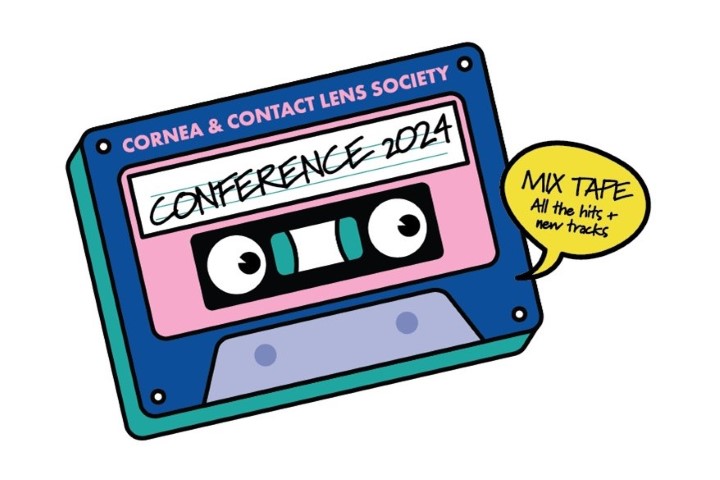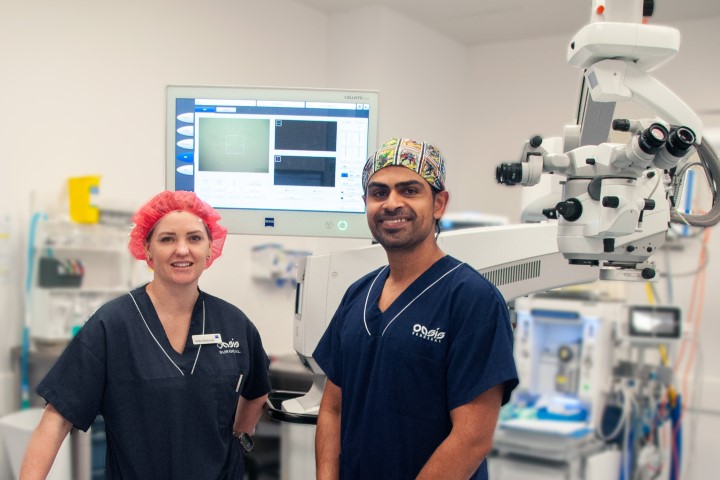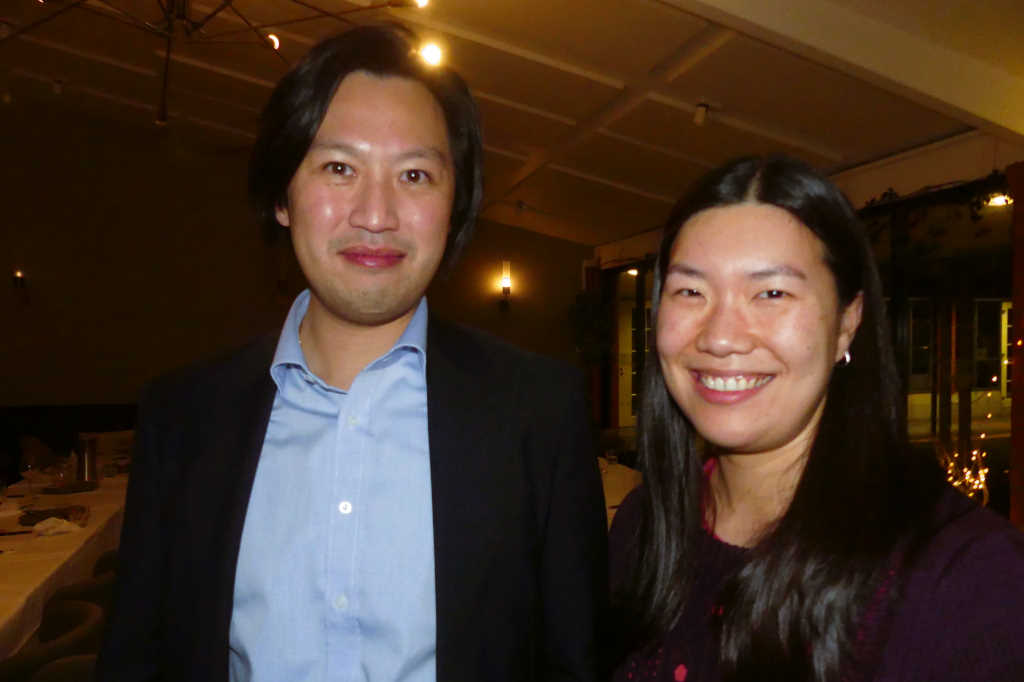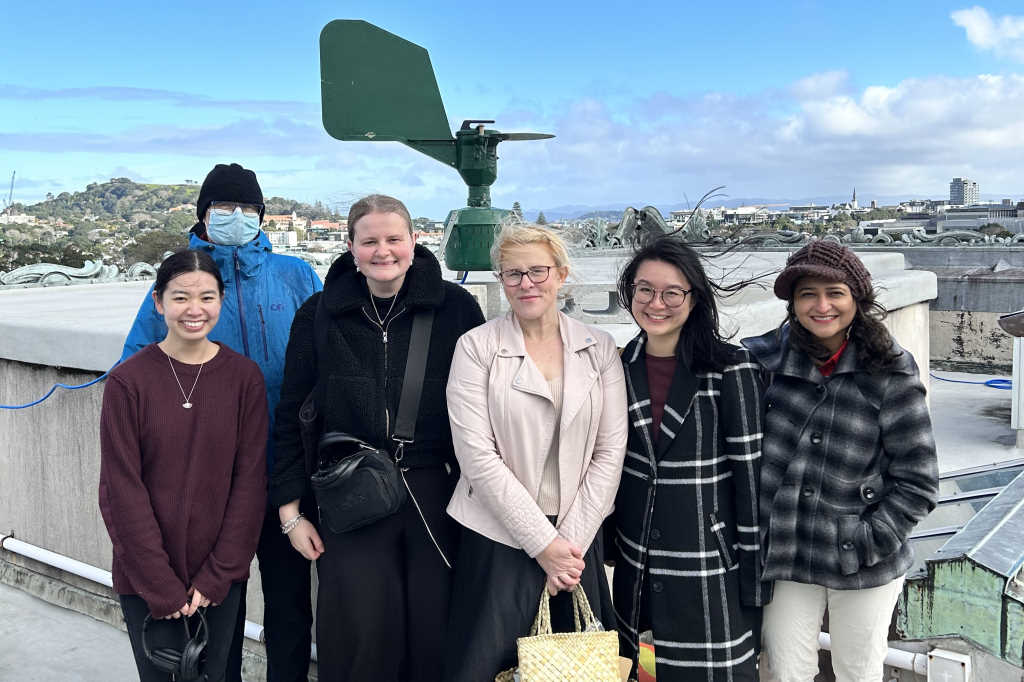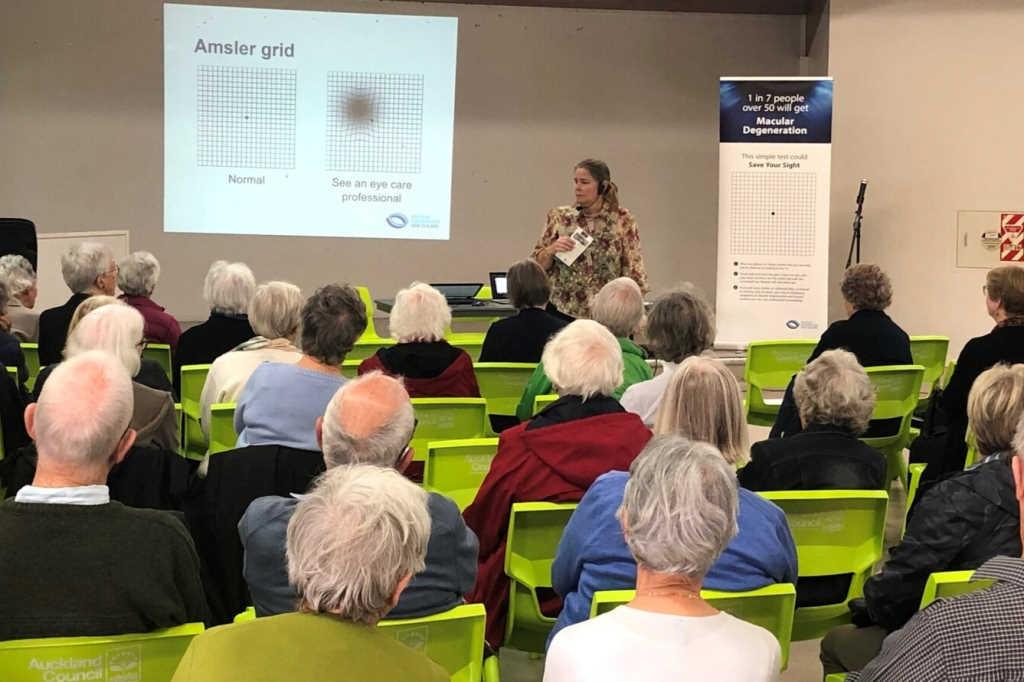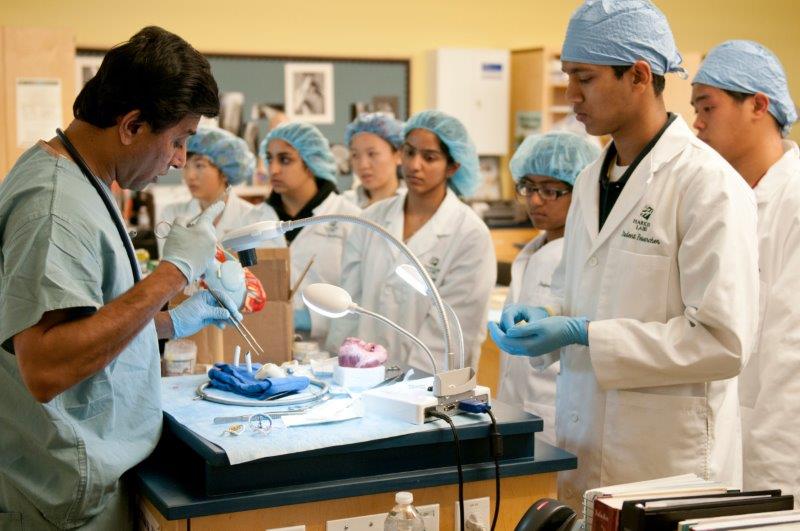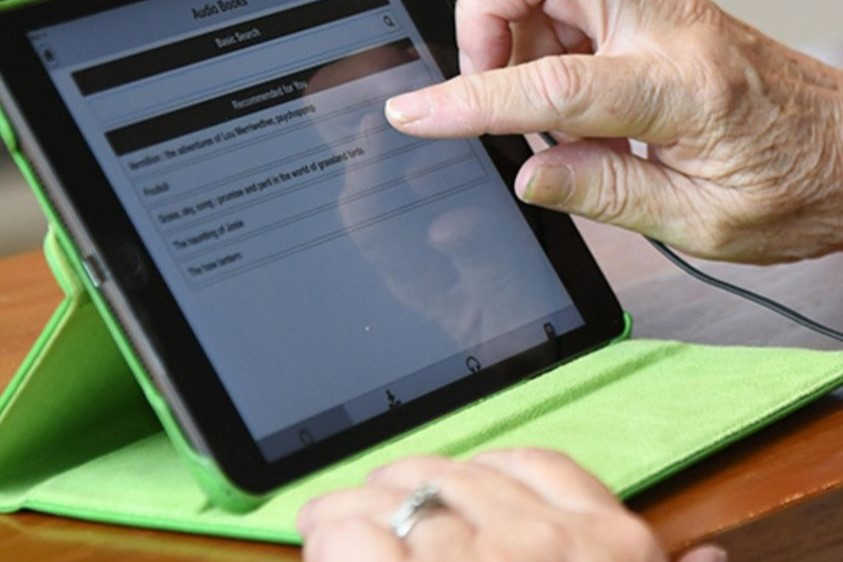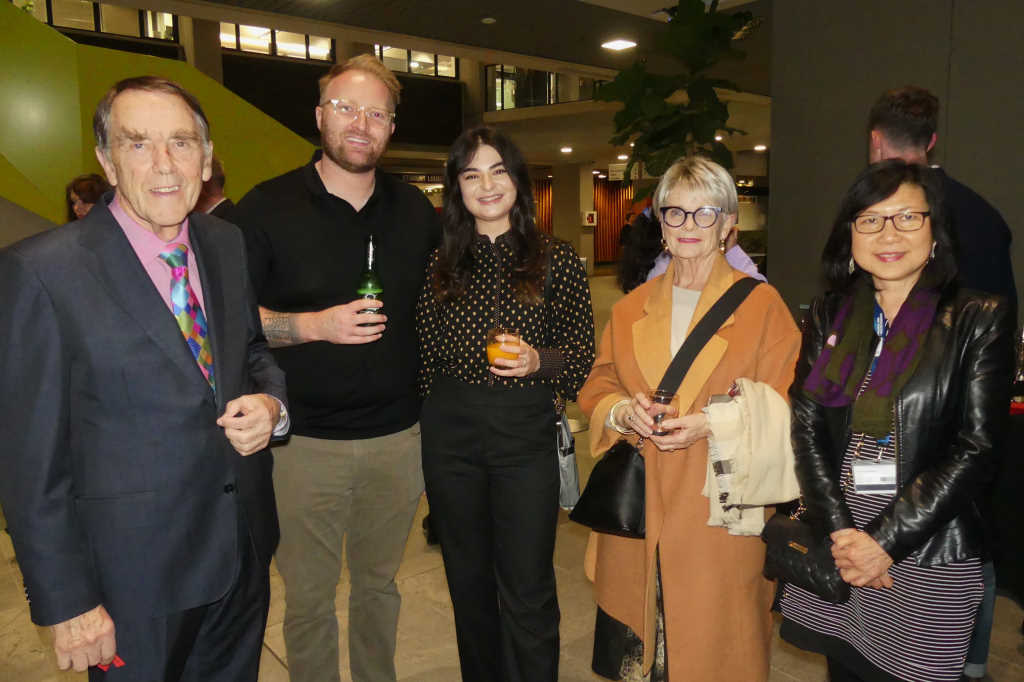VOSO to tackle low vision
The Volunteer Ophthalmic Services Overseas (VOSO) eye health aid group is adding low vision to its list of aid services from this year and is urgently seeking donations of low vision equipment to distribute in the Pacific Islands to low vision patients.
Auckland-based low vision consultant and optometrist Naomi Meltzer has volunteered her services to VOSO and, in collaboration with the Blind Foundation, will provide low vision aids such as magnifiers, high plus spectacles and sunglasses and other small low vision aids, which are currently being collected by Blind Foundations centres throughout New Zealand.
VOSO is a New Zealand charitable trust that provides free eye care to the people of the Pacific. This completely voluntary-based organisation was established 30 years ago and visits Fiji, Samoa and Tonga on an annual basis to help restore vision through sight-saving cataract surgery and refractive services, including supplying thousands of pairs of glasses each year.
Two-thirds of the world's population with low vision resides in the Asia-Pacific region1. Providing low vision aids is important for improving patient quality of life, however there are many issues and challenges for the provision of low vision aids in the pacific, said Meltzer.
“There is huge difficulty getting low vision services in many third world countries. New Zealand has a lot more resources than our Pacific Island neighbours and so there are many magnifiers and low vision aids, which are no longer required, sitting in the backs of drawers in homes around the country.”
Meltzer said her offer to add low vision aids and training to the next VOSO trip was met with an enthusiastic and emotional response.
“This is history in the making,” said Shireen Ali from the New Zealand Blind Foundation.
Meltzer will be accompanying the VOSO team on their next trip in July this year to Labasa, Fiji. Labasa has a high rate of diabetic retinopathy and one of the highest rates of albinism in the world.
“I am feeling very excited about the VOSO trip, and also a little nervous,” she said. “This is my first VOSO trip and I am expecting it to be hard work and an amazing experience. I am learning a lot from people who have been involved in VOSO, but the low vision part is adding another dimension and is rather an unknown. We will definitely need lots of sunglasses and low vision aids (in Lambasa) so I am hoping to encourage optometrists and ophthalmologists to put the word out.”
If you have any small low vision aids (not CCTV devices) that you would like to donate, please send these to Naomi Meltzer, Low Vision Services, PO Box 28486, Remuera, Auckland 1541, or drop them in at a Blind Foundation centre in New Zealand. For more about VOSO, visit www.voso.org.nz
References:
- Chiang PP et al. Critical issues in implementing low vision care in the Asia-Pacific region. Indian J Ophthalmol. 2012 Sep-Oct;60(5):456-9.









